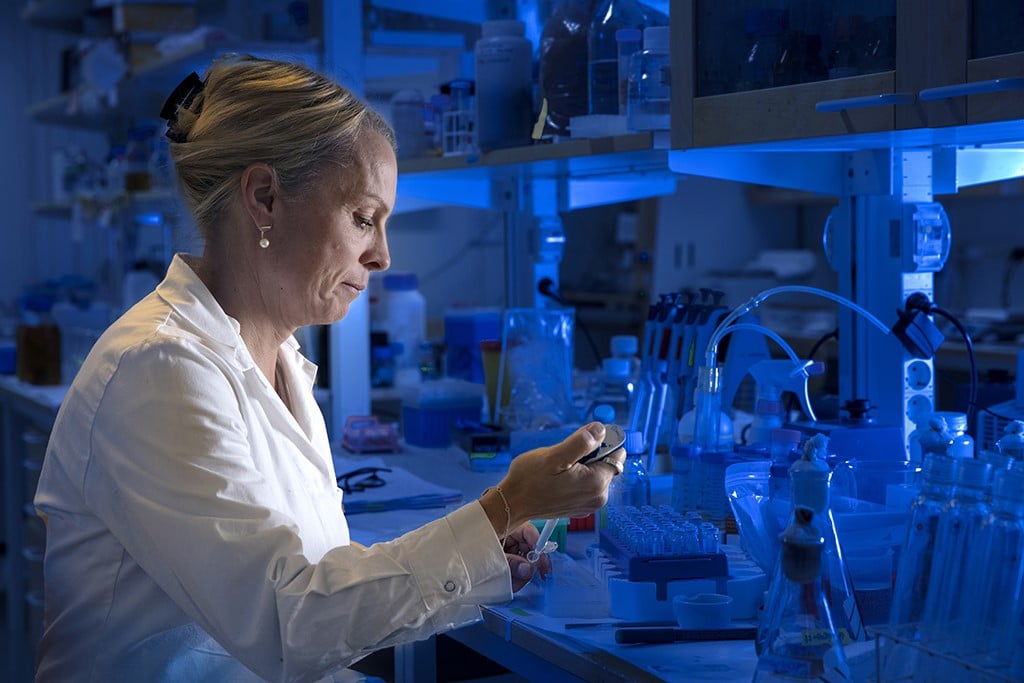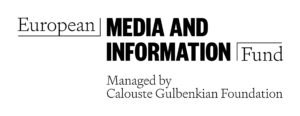🇸🇪 Food production using AI technology

By Bodenxt
SWEDEN — Biological processes, controlled by AI or machine learning, are the basis of a research project linking greenhouses, fish farming, fish feed production and industrial waste heat.
In a two-year spearhead project financed by FORMAS, work is underway to design a system that is adapted to take advantage of future and new opportunities in Boden. The project studies the conditions for using artificial intelligence to create a circular symbiosis between the cultivation of plants/vegetables, insects, microalgae and land-based fish farming. The work is based on using residual heat from industry, something that Boden has plenty of through both the current data center and H2 Green Steel’sfuture establishment.
The main focus of the project is to create technologies that enable fish farming and vegetable production in a circular and environmentally friendly system. Residual products should be recovered through closed cycles. The aim is also to integrate the cultivation of insects and microalgae in order to produce a more sustainable fish feed on site than the one traditionally used. Algae contain omega-3, which is needed because fish do not produce it themselves.
“In this project, we investigate how insects and microalgae can be cultivated with residual heat from industry in the Arctic climate, and become a biological nutrient component in the feed, says Ulrika Rova, Professor of Biochemical Process Engineering at Luleå University of Technology.
A resident of Boden herself, she is very positive about what is happening here and that her and her colleagues’ research this time is based on what is here.
“Boden is a very important hub, as there is already an arena for integrating all competencies,” says project leader Anders Kiessling, professor at the Department of Animal Nutrition and Care, Swedish University of Agricultural Sciences.
He adds that there is an interest in Boden to be involved in innovative and novel projects that contribute to the green transition and how self-sufficiency can be strengthened in the Arctic environment.
Greenhouses, insects and algae
Residues from the land-based fish farm should be able to serve as a fertilizer supplement in the adjacent greenhouse or as a nutrient for the cultivation of insects and microalgae. To integrate all these complex biological systems so that they can be used for sustainable food production, sensors and technologies need to be developed to measure and control how best to use residual heat. This is where AI technology comes in.
“Our AI methods will be able to analyze the energy flows, food growths, and other process parameters. In the future, they will augment the abilities of sustainable farmers, by helping in observation, predicting future outcomes, suggesting interventions, and possibly preventing accidents. “Made in Boden” will become a quality assurance label for sustainable and intelligent food production”, says Marcus Liwicki, Professor i Machine Learning.
From research to future projects
So far, the project is at the doctoral level. Based on the existing conditions, a number of parameters have to be mapped and fed into the system. For example, how much energy is required to grow various plants in an Arctic climate, automation, etc. A major benefit that they will take with them into the future is the linking of researchers and experiences from different areas of expertise.
“It is very rewarding to see how we can make the most of our respective expertise,” says Ulrika Rova.
The project, Artificial intelligence for improved efficiency and sustainability for land-based and integrated food production, brings together expertise from the Swedish University of Agricultural Sciences, Luleå University of Technology, Umeå University and ONar Sweden. The project is a unique collaboration based on the conditions that exist in Boden.
“We feel that there is an openness and an interest from Boden to cooperate with us and utilize the expertise available at Luleå University of Technology. It means a lot that we researchers get direct proximity to something that can be implemented and that what we do here can be important for the society of the future”, says Michael Nilsson, LTU, project coordinator.
Locally, Boden Business Park’s business developers Nils Lindh and Håkan Nordin have been involved in the project.
“For us in Boden, this means additional opportunities for more advanced technology that can be used in several of the future food production initiatives that are emerging here,” says Håkan Nordin, business developer at Boden Business Park.
The principal of the project is SLU. The two-year project is financed by government funding through Formas plus the working hours of the participants. Work on the project will continue until November 2023.
FURTHER READING
• 🇸🇪 “We invest in and educate competence for the green transition”
• 🇫🇮 A Four Billion Euro Investment Is Planned for Inkoo, Finland
• 🇫🇮 Academy of Finland to fund research infrastructures – over €3.5 million for the University of Oulu
• 🇮🇸 Arctic Stewardship in Reaching Net Zero – Carbon Capture Solutions
• 🇨🇦 A small, isolated village in Arctic Canada becomes a green energy producer
This article was produced by Bodenxt.
To join the Arctic Business Journal network as a content partner, contact us at [email protected].
This article has been fact-checked by Arctic Business Journal and Polar Research and Policy Initiative, with the support of the EMIF managed by the Calouste Gulbenkian Foundation.

Disclaimer: The sole responsibility for any content supported by the European Media and Information Fund lies with the author(s) and it may not necessarily reflect the positions of the EMIF and the Fund Partners, the Calouste Gulbenkian Foundation and the European University Institute.